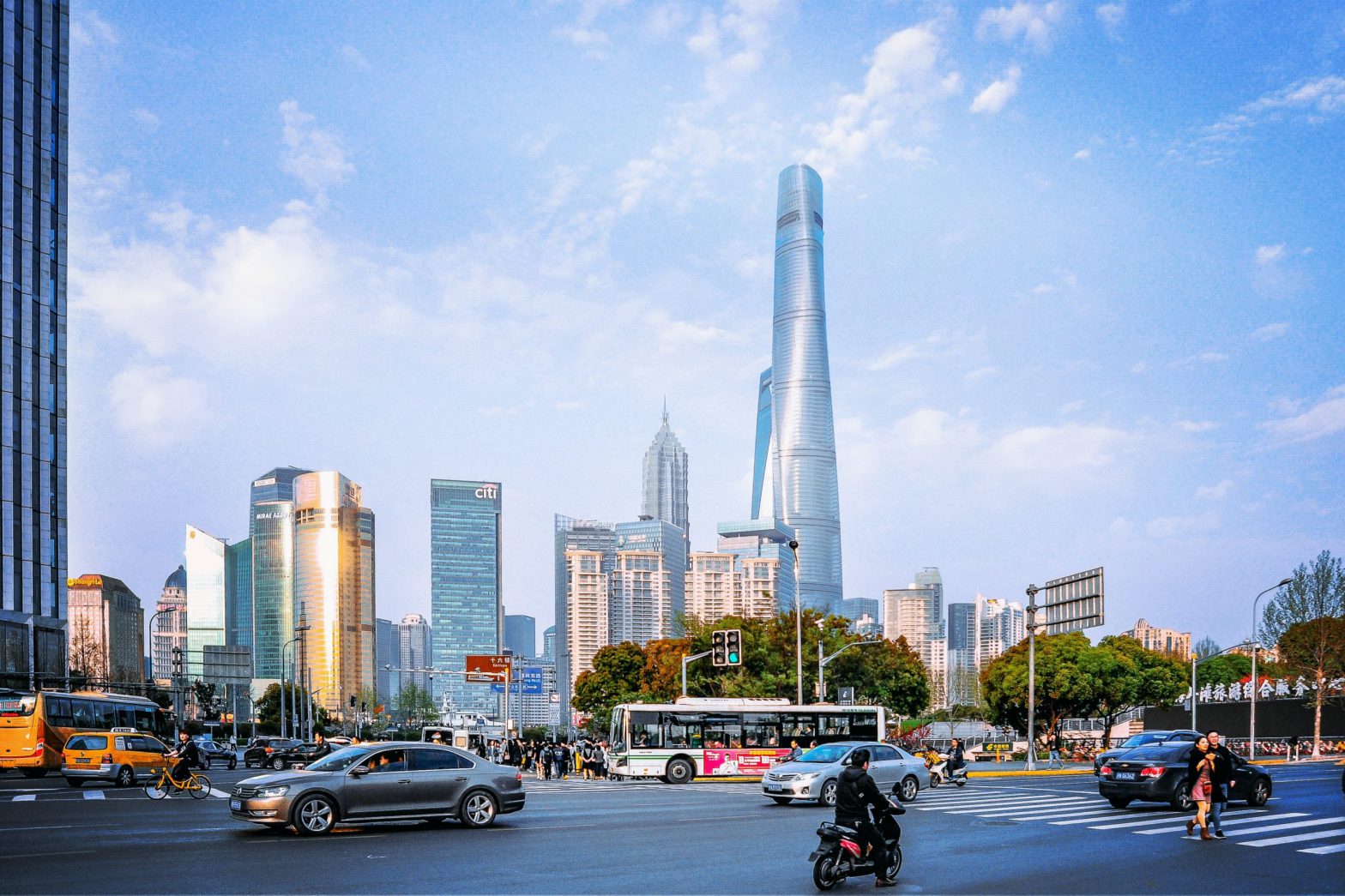Starting from 2022, China will cancel the tax exemption on certain fringe benefits for certain foreigners (including housing rental, children’s education expenses and language training expenses). This is expected to result in higher tax liabilities for those with higher incomes. Find out what is concretely changing in 2022 for expatriates in Shanghai.
IIT reforms and changes for expats in Shanghai
The first thing we need to clarify is that this is not just a policy change, but rather a series of changes directly impacting foreign individual income tax (IIT) that are all happening at roughly the same time. This series began with changes to China’s social contribution and will continue with the end of tax deduction allowances for foreign workers in January 2022. Shanghai could thus lose its attractiveness in this respect to other nearby expatriate destinations such as Hong Kong.
As from 1 January 2022, foreign tax residents will cease to enjoy tax exemption policies for fringe benefits such as housing expenses, language training expenses, and education expenses for children and will claim additional itemized deductions according to the provisions.
In the past, most foreign professionals working in Shanghai could receive about 30% of their total income as benefits, which meant that they did not need to pay IIT on this part of their income.
Foreigners working in Shanghai could enjoy the exemption of individual income tax (IIT) on the following eight categories of fringe benefits:
- Housing expenses
- Children’s education expenses
- Language training expenses
- Meal expenses
- Laundry expenses
- Relocation expenses
- Business travel expenses
- Home leave expenses
As for the other five categories of benefits (meal expenses, laundry expenses, relocation expenses, business travel expenses, and home leave expenses), the current policy does not specify whether they will continue to be tax-exempt.
Instead, starting in 2022, foreigners who are resident taxpayers in China will be able to enjoy the following six additional itemized deductions when paying IIT on their overall income:
- Children’s education expenses
- Continuing education expenses
- Housing mortgage interest
- Housing rent
- Health care expenses for serious illness
- Expenses for supporting the elderly
Although China’s advantageous tax policy on this autonomous province seems to be fading, Shanghai remains the thirteenth favorite city for expatriates (out of 57) according to Expat Insider’s ranking. The benefits include career opportunities, job security, transportation and the Finance & Housing Index on purchasing power. In a nutshell, living conditions in Shanghai are very advantageous.
In ten years, the number of foreigners in Beijing and Shanghai has dropped from 316,000 to 226,000. This is due to a more protectionist policy and drastic anti-Covid measures. In addition, the upcoming Winter Olympics, starting from 4th to 20th February 2022, has pushed the Chinese government to tighten the health restrictions in force (three-week quarantine). These sanitary measures include an increase in the quarantine period upon arrival in the country which does not encourage expatriates to return.
If you are planning to expatriate to Asia in the long term, Foyer Global Health covers your healthcare expenses abroad. Our International Health Insurance for Expatriates offers customized international health coverage because each specific situation needs a specific solution.


